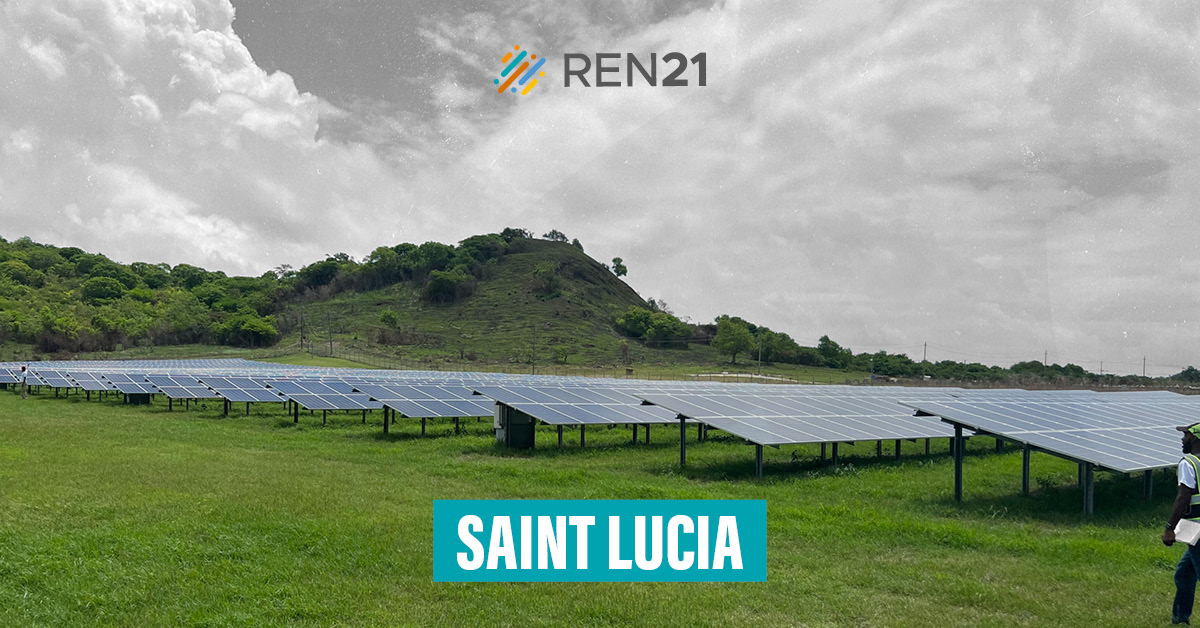Rural Africa has been facing a healthcare crisis. With unreliable access to electricity and clean water, it can be extremely difficult for clinics and hospitals to provide even basic care. Medicines can’t be stored at the right temperatures, water for medical procedures is often unsafe, and surgeries are frequently interrupted by power outages. The result? Higher rates of illness and poverty in rural areas compared to urban centers.
That’s where the SophiA project comes in. Short for “Sustainable Off-grid Solutions for Pharmacies and Hospitals in Africa,” the SophiA initiative is tackling these problems head-on. The project, supported by Oliver Schmid, a PhD candidate and Technical Project Coordinator at Hochschule Karlsruhe (HKA), aims to bring sustainable energy solutions to healthcare facilities across Africa.
What makes SophiA different from other interventions is its focus on sustainability and local production. Instead of relying on diesel generators or expensive grid expansions, SophiA uses solar-powered systems to provide clean energy and water. These modular systems are designed to be affordable, easy to implement, and scalable to different regions. They offer everything a rural hospital might need: clean drinking water, hot water for sterilization, and cooling systems that keep vaccines, blood plasma, and other critical medicines safe.
“With SophiA, we try to minimise the demand on the grid as much as possible by providing a system that is self-sufficient,”
The SophiA technology helps support hospitals, “not with power directly, “but with all the peripheric systems, including everything that’s needed to run the hospital,” said Oliver Schmid in a interview with REN21.Here’s how it works: SophiA’s cooling systems use natural refrigerants—like ethane, CO2, and propane—to meet different temperature requirements, from basic refrigeration at +5°C to ultra-low temperatures as low as -70°C. That means even the most temperature-sensitive vaccines, like some COVID-19 shots, can be stored safely in remote areas. All of this is powered by solar energy, making it a sustainable, low-carbon solution for healthcare infrastructure.
SophiA is currently being tested in four pilot locations across Africa: Burkina Faso, Cameroon, Malawi, and Uganda. These sites were chosen to represent different climatic conditions and to prove the system’s versatility. Once the pilot phase is complete, the plan is to roll out SophiA to more regions, with local companies taking the lead on manufacturing and installation. This not only boosts healthcare access, but also relieves energy demand on power grids, creates jobs and strengthens local economies.
Schmid and his team are thinking big. They’re not just focused on solving today’s problems, but on building a future where rural Africa has the infrastructure to thrive.
“It would be my hope that people are learning from the SophiA system, copying it and then building their own system to meet their own needs,” Schmid said. By engaging with the specific needs of local communities and providing climate-resilient technology, SophiA could transform healthcare across the continent, offering a sustainable way forward.











